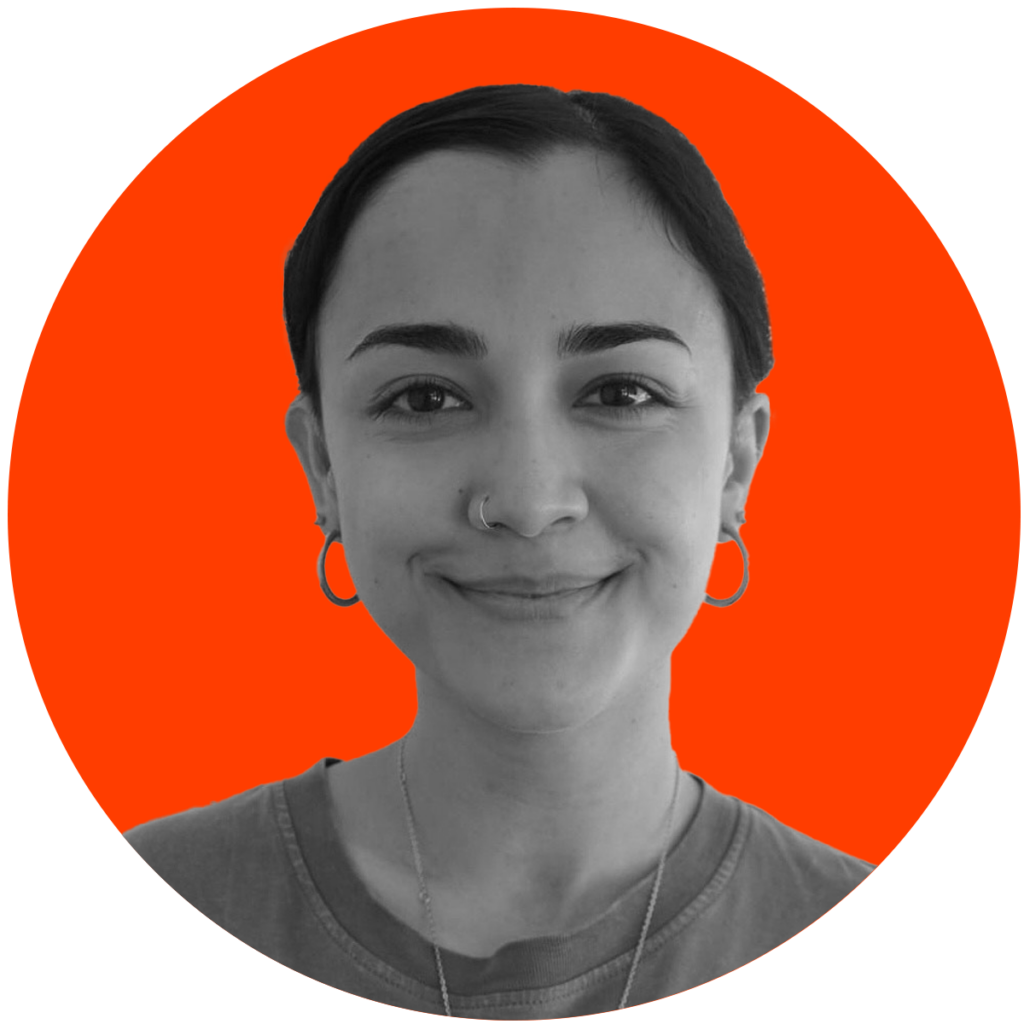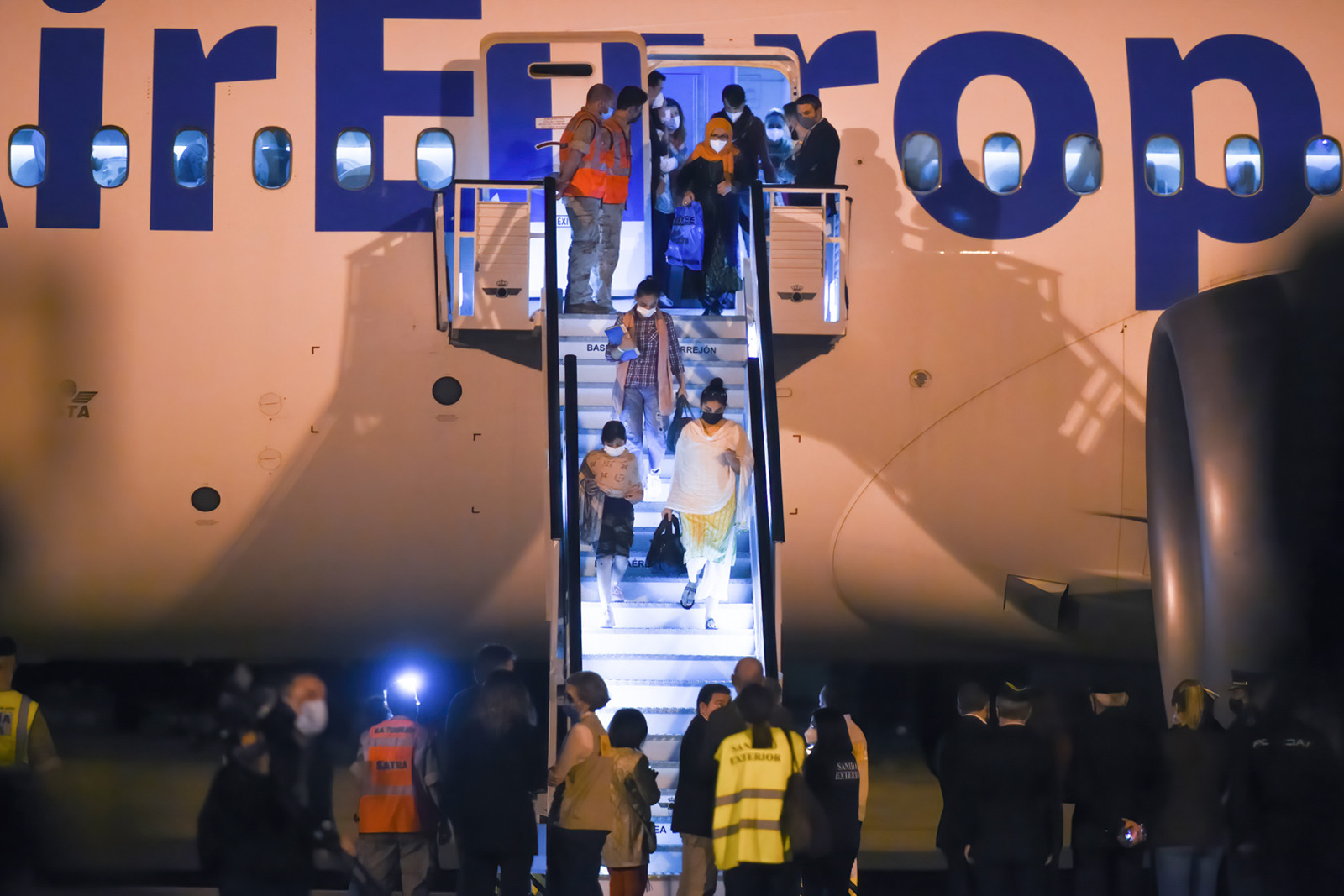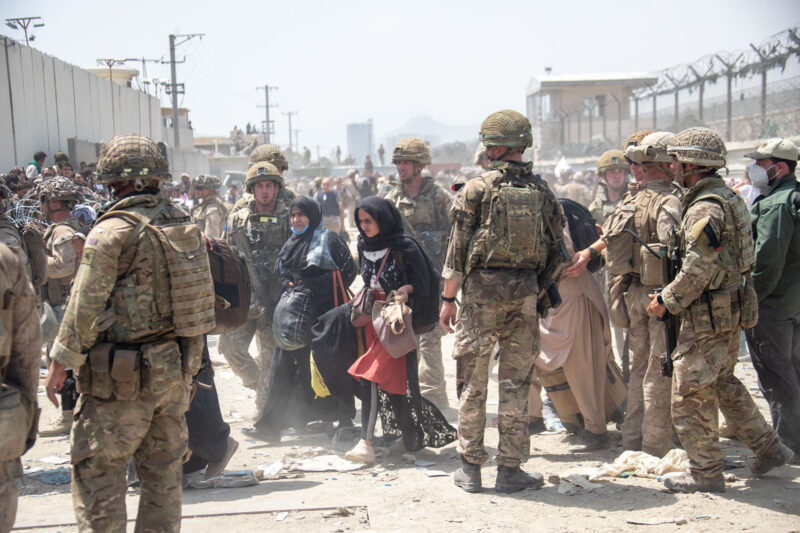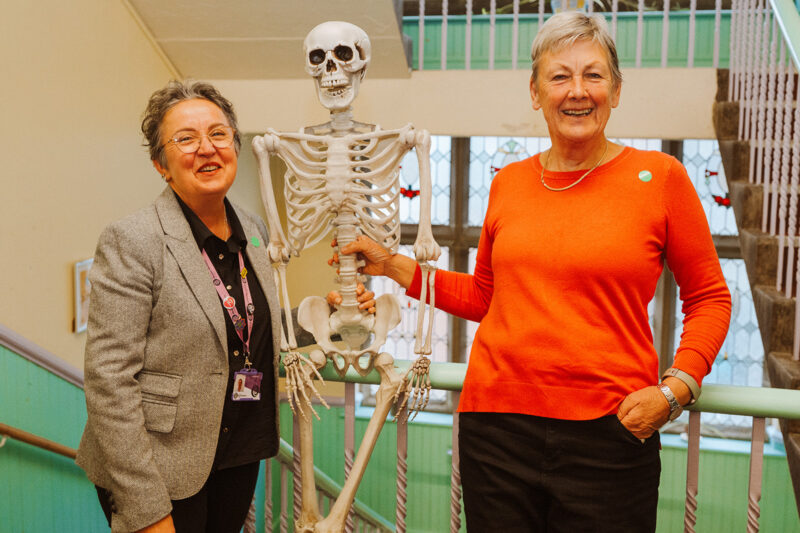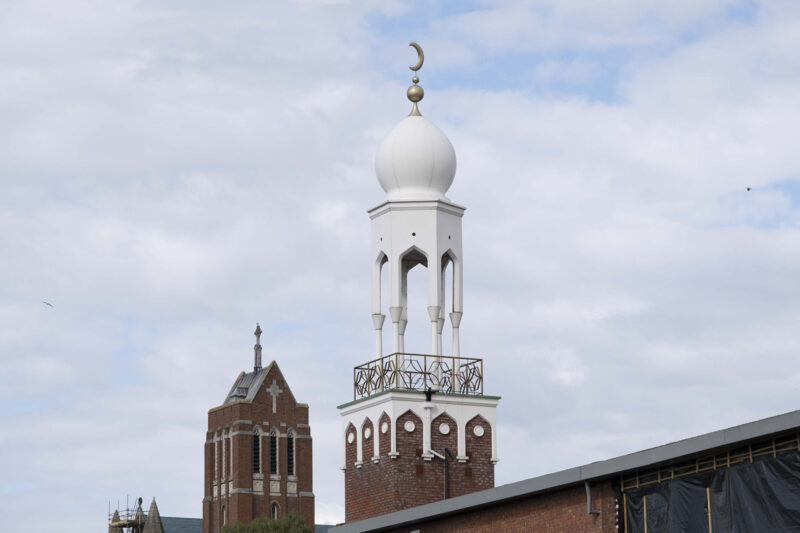Afghan women medical students on their new lives in Scotland
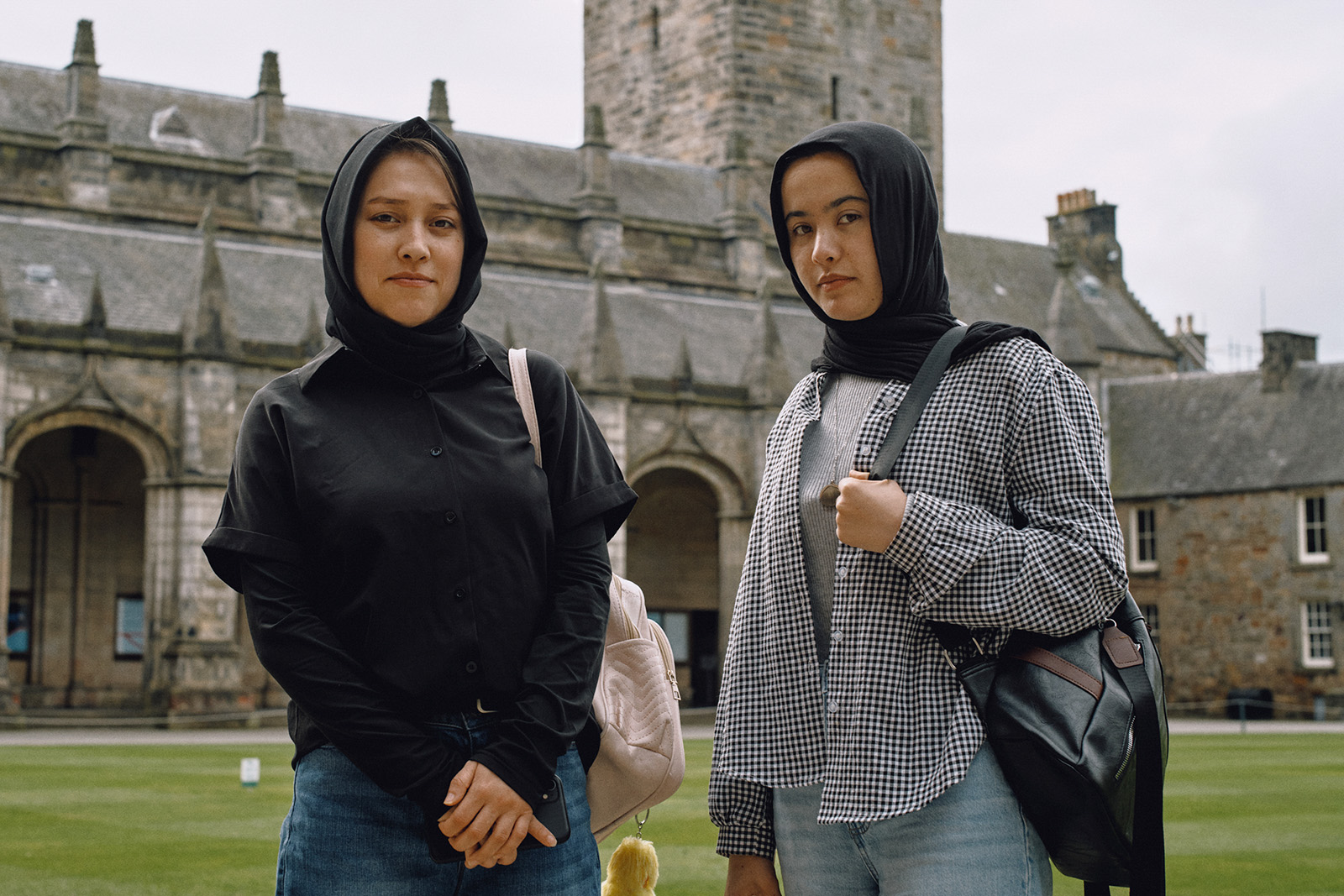
One year ago, a group of 19 student doctors arrived in Edinburgh from Kabul. Here, they talk about their experiences and hopes for the future
It’s a sunny September morning in Dundee, Scotland, and 22-year-old Omulbanin Sultani is waiting to catch the bus to the University of St Andrews campus. With her is flatmate and fellow student Atifa Mohammadi. Once on board, with rolling green hills passing by the windows, the two friends talk about family, shopping and the classes that will form induction week of their second year of medical school.
It has been just over a year since Sultani and Mohammadi arrived in Scotland. Both were part of a group of 19 Afghan medical students brought to the UK through a scheme organised by the Linda Norgrove Foundation (LNF). For most of the women, it was the first time they have ever been away from home and their families.
“In the beginning, our professors would always encourage us to talk to people,” says Sultani. “In Afghanistan, people don’t really talk when they’re sitting next to each other. But I’ve realised that this is a very useful practice — the more you socialise with people, the more you know.”
Before enrolling at St Andrews, Sultani had completed her second semester in medicine at Kateb University in Kabul, through a bursary place also sponsored by the LNF. Then, in December 2022, news came that the Taliban government was barring women from universities.
It was a move the LNF had been anticipating since the Taliban closed secondary schools to girls in September 2021. The Isle of Lewis-based charity, set up in memory of British aid worker Linda Norgrove, who was killed by a US Navy Seal during a failed rescue mission in Afghanistan, spent three years in conversation with the UK and Scottish governments before the students’ transfer was officially confirmed.
“I really wasn’t sure if it would happen,” says 26-year-old Mohammadi, who was in her fifth semester when the ban was announced. “I didn’t even have a passport at the time. It wasn’t until the very last minute that I started to believe it might actually all go ahead.”
“It was very difficult leaving Kabul and saying goodbye to my fiance,” says Sultani, who got engaged after the Taliban’s return to power in August 2021. “Everything was moving forward really well between us. We had made a lot of plans for our life together.
“It was around Nowruz when I got the news that I had been accepted for the LNF scheme. We discussed it and agreed that it was the best decision for our future. So we accepted that, for a while, we would have to deal with the distance.”
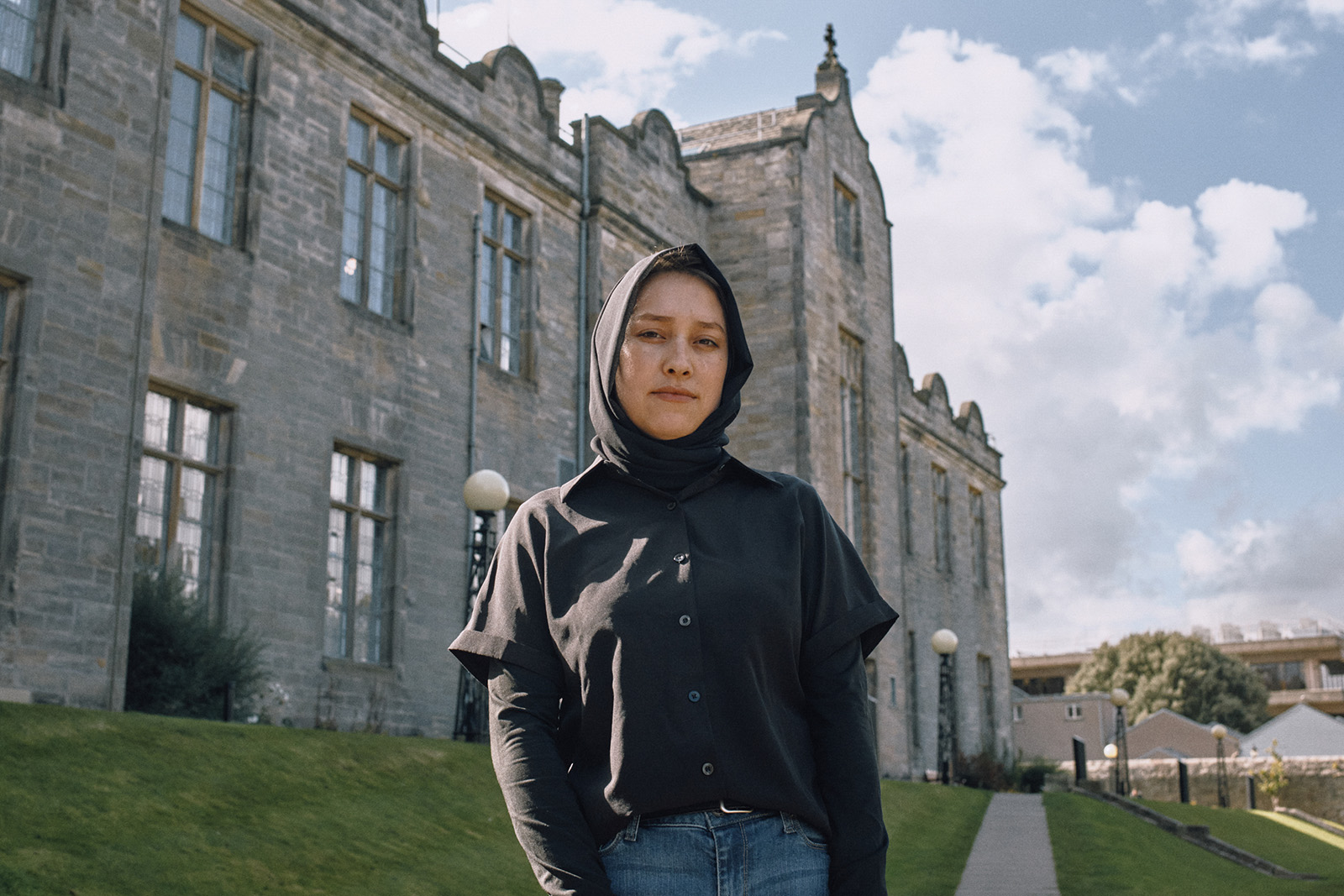
On 19 August 2024, the group landed in Edinburgh, where they were welcomed by LNF heads Lorna and John Norgrove, members of the Scottish parliament and a representative from the Queen’s House.
After a couple of days of sightseeing in the city, the group disbanded and headed to their respective universities. Alongside Sultani and Mohammadi, one other student, Jamila Yousefi, was allocated to St Andrews.
“I don’t cry very often, but saying goodbye to all the girls that morning, I was extremely emotional. We were all crying,” says Mohammadi. “I was happy to be here, but in the early days it was very difficult. I missed my mother a lot. Other than that, the accommodation was better than we expected. Two staff members came to help with our bags. They had also left a fridge full of food for us.”
Sultani, meanwhile, knew that she was going to have to adapt to a new culture, but one of the biggest adjustments was more unexpected. “The people here are very friendly,” she says. “The university is also very international so you feel welcome. However, one problem that I had — and it’s quite funny — was that I was afraid of being alone in my room.
“On the very first night, I asked if I could sleep with Atifa. It’s better now but I still get scared, so sometimes my fiance and I call and leave the phone on while we both sleep.”
Fast-forward to now, and both Sultani and Mohammadi are reflecting on their first year with satisfaction and relief. Along with the typical pressures of study, for Mohammadi, training her brain to learn in an entirely new language has been an additional challenge.
“My reading and writing were good, but I’d never been in an English-speaking environment so my listening skills were quite poor,” she says. “I would only understand 5% of what the lecturers said. Part of me wanted to just skip the lecture and learn independently, since the content itself is similar to what we had already studied in Afghanistan,” she says.
“Also, everything is online here. In Afghanistan, we would mainly use pens and notebooks. Sometimes, when making notes, I find myself falling behind. It’s got better now, but I still need more practice.”
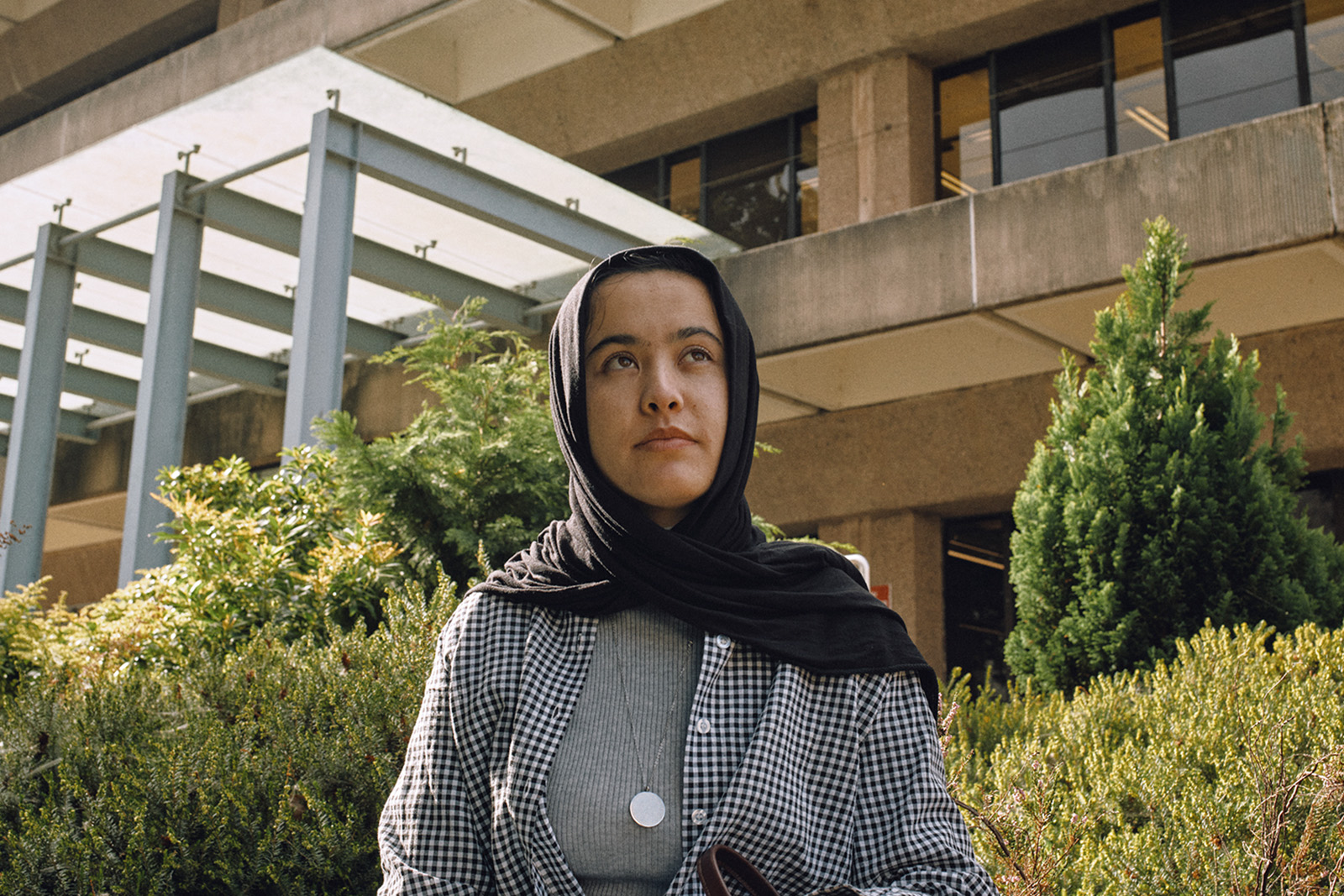
Over the summer, both students worked at the reception in their halls of residence — an ideal chance to develop their speaking confidence. Alongside this and the support of teaching staff at St Andrews, the LNF has played an ongoing role in helping them to settle in.
“We possibly underestimated the amount of engagement we would have with the students after they arrived in Britain,” says John Norgrove, a founder of LNF. “It was perhaps a bit naive… There’s been a lot of back and forth with the Home Office to ensure visa continuity. We’ve had to pay health surcharges and the students had some issues with additional IELTS [English language] tests.”
The LNF also arranged a trip to the Scottish Highlands for the group part way through the academic year. During the week-long tour, they visited the theatre, went on a lake cruise and even got to make some traditional Afghan food in the home of local hosts.
“Obviously it’s quite a traumatic process, having to leave your entire family behind to go to another country with an entirely different culture, language and teaching methods,” says Norgrove. “Some of the women have had some problems but in general I think they’ve settled in very well.”
Sultani managed to travel to Iran over the Christmas break to reunite with her fiance. For Eid, she and others visited Glasgow and, later, Edinburgh for the city’s annual festival fringe in August. She plans to see more of the UK in the coming months.
In June, some of the students also attended the Royal College of Physicians in Edinburgh’s Women in Leadership conference. Such opportunities are a great source of pride for Sultani.
“We’ve been invited to many conferences through the LNF,” she says. “They often spotlight the strength and hard work of Afghan women. The fact that they would consider us as leaders is a great thing — I’ve tried to embrace it.”
Looking ahead, both she and Mohammadi hope to return to Afghanistan after their studies, and put all their training to use.
“Will they be able to go back? That’s the question,” says Norgrove. “There are a lot of women doctors in Afghanistan who can’t get jobs at the moment. They’d be of huge use here in the UK where we need doctors. Equally, it would be great if they could minister to women in Afghanistan — either way, it’s a win.”
“The most important thing in a person’s life is their health,” says Mohammadi. “It’s our most basic need as humans. If you have that, you can do anything. If I can help a person reach or regain that health, I see it as the best job I can do.”
 Newsletter
Newsletter

